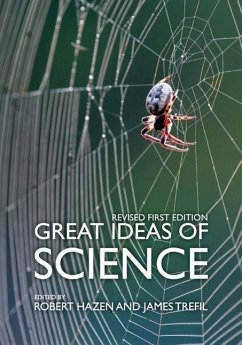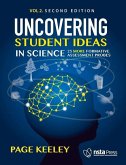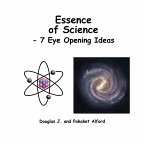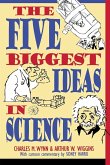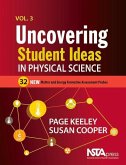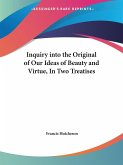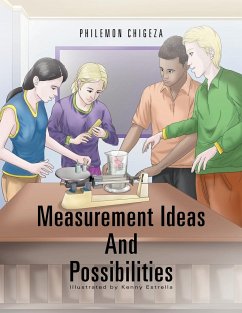"Scientific discoveries are remarkably varied in scope and content--made in the field, on the lab bench, or at the computer, with apparatus as sophisticated as a space-based telescope or as simple as a pencil and paper. But all of the discoveries of science are ultimately disseminated through the written word. In countless professional periodicals and technical treatises, the men and women of science have followed the same writing formula: What did I discover? How can you repeat what I did? What does it mean? This reader, conceived as a companion to The Sciences: An Integrated Approach, employs the ""Great Ideas in Science"" approach. Science forms a seamless web of knowledge about the universe, and a few overarching concepts (the ""great ideas"") unify astronomy, biology, chemistry, geology, and physics. Our goal is to serve the educational needs of people who will not be scientists but who need some knowledge of science to function as citizens. Throughout this volume you will share in these discoveries, as they were first presented to the public, and you will understand why we believe that science is the greatest ongoing adventure. Robert M. Hazen, research scientist at the Carnegie Institution of Washington's Geophysical Laboratory and Clarence Robinson Professor of Earth Science at George Mason University, received degrees from the Massachusetts Institute of Technology and Harvard University. Past President of the Mineralogical Society of America, Hazen's recent research focuses on the role of minerals in life's origin and the co-evolution of the geo- and biospheres. James Trefil, Clarence Robinson Professor of Physics at George Mason University, is author of more than 40 books on science for the general public as well as several university level textbooks. He has been involved in a variety of science education projects--from middle school textbooks to the building of science museums. He developed his ideas on scientific literacy as co-author of The Dictionary of Cultural Literacy."
Hinweis: Dieser Artikel kann nur an eine deutsche Lieferadresse ausgeliefert werden.
Hinweis: Dieser Artikel kann nur an eine deutsche Lieferadresse ausgeliefert werden.

